[ad_1]
The charges against them have not been disclosed to the public.
Qatar’s Amir Sheikh Tamim bin Hamad Al Thani has agreed to extradite 28 Iranian prisoners, Tehran’s Ambassador to Doha Hamid Reza Dehghani announced on Monday.
“Following the President [Ebrahim] Raisi’s visit to Doha, the Amir of Qatar agreed to issue a decree to extradite 28 prisoners to our country,” tweeted Dehghani.
Iran’s President had visited Qatar in February this year, where he met with the Amir and discussed issues of common concern. The visit saw the signing of 14 agreements in numerous fields including education, trade, visa cancellation amongst others.
There were no public statements at the time pertaining the transfer of Iranian inmates from Qatar by officials from both countries. The nature of the charges raised against them have not been disclosed to the public.
Before Raisi’s visit, Iranian Foreign Minister Hossein Amir-Abdollahian was in Qatar in January where he also met with the Amir.
Sources told Reuters that the Iranian diplomat had requested Qatar’s help in brokering the release of Iranian-Americans and Iranian-Europeans jailed in Tehran.
The sources, however, did not provide any information on whether Qatar granted Iran’s request. There have also been no public statements made by Iranian nor Qatari officials on the matter.
Tehran has long denied holding the prisoners for political reasons and using the swap as a precondition to the restoration of the 2015 nuclear deal. It also previously expressed its readiness for a prisoner exchange with the US.
Qatar has been playing a key mediating role between the US and Iran at the two countries’ request in an effort to restore the Joint Comprehensive Plan of Action (JCPOA), the technical name of the nuclear deal.
The Gulf state has long called for the revival of the nuclear accord and the lifting of economic sanctions on Iran.
The US reimposed sanctions on Iran when it unilaterally withdrew from the JCPOA in 2018 under the former Donald Trump administration. Trump had wanted to exert “maximum pressure” on Iran and fueled tensions between the two countries.
Indirect talks between the US and Iran to restore the accord started in April last year under the Joe Biden administration and a climate of mistrust.
The talks in Vienna were attended by Western powers from the p4+1, which include; the UK, France, China, Russia plus Germany. Throughout the talks, the US has accused of Iran of not complying with the JCPOA despite its unilateral withdrawal.
Iran has also been demanding the lifting of sanctions as well as guarantees that the US will not step out of the accord again.
Tehran had also said that Israel attempted to disrupt the negotiations last year by carrying out a series of attacks on Iranian nuclear facilities.
The Zionist state has long opposed the revival of the accord, citing its concerns over Iran’s development of a nuclear weapon. Tel Aviv itself has possessed nuclear weapons since the 1960’s and faced no response from Western powers.
The Mossad, the Israeli intelligence agency, had also killed Iran’s senior nuclear scientist Mohsen Fakhrizadeh in November, 2020. Qatar had condemned the killing of Fakhrizadeh.
Israel has renewed its threats to Iran’s nuclear sites as talks to restore the nuclear accord have edged closer to a deal.
President Raisi responded to those threats on Monday by saying its army will target the occupying state.
“The Zionist regime [Israel], you should know that … if you take the slightest move against our nation, our armed forces will target the heart of the Zionist regime” Raisi said in a televised speech at a military parade to mark the national Army Day, as quoted by Reuters.
Follow Doha News on Twitter, Instagram, Facebook and Youtube
[ad_2]
Source link


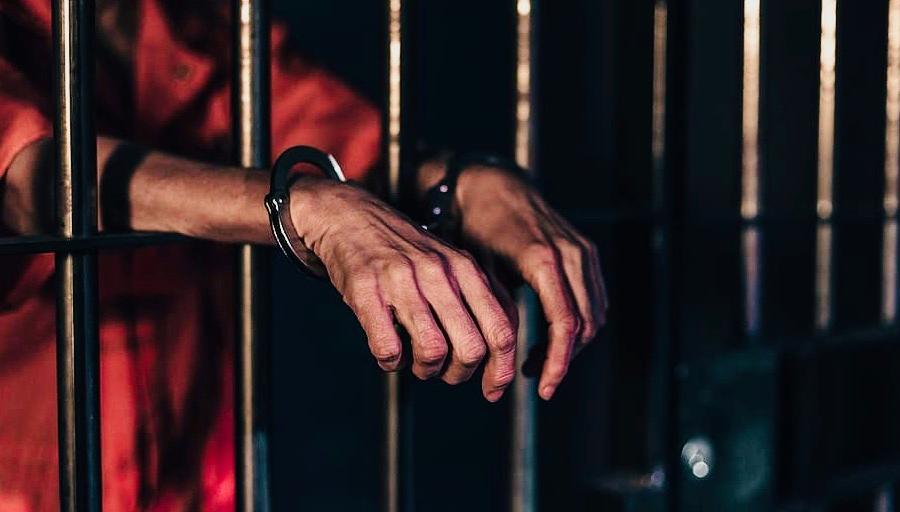
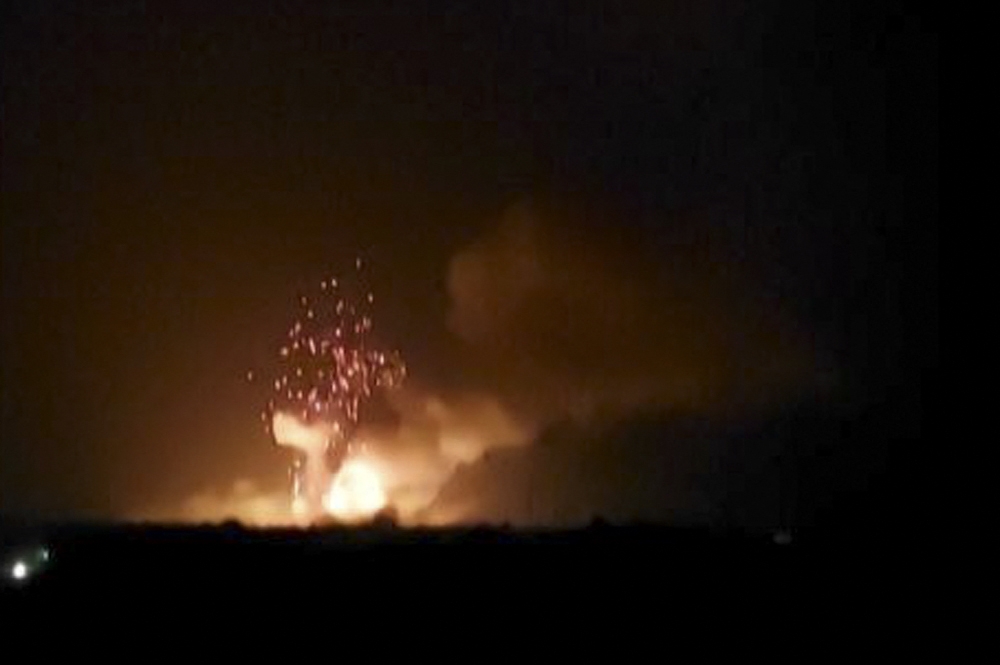

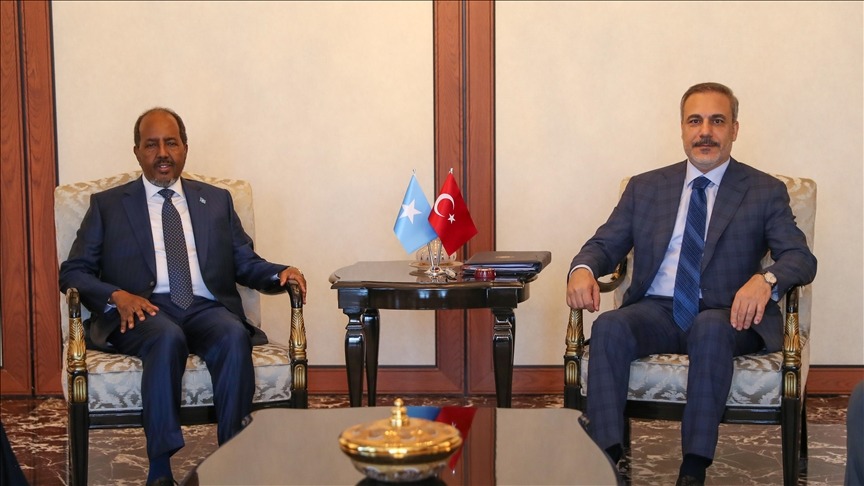
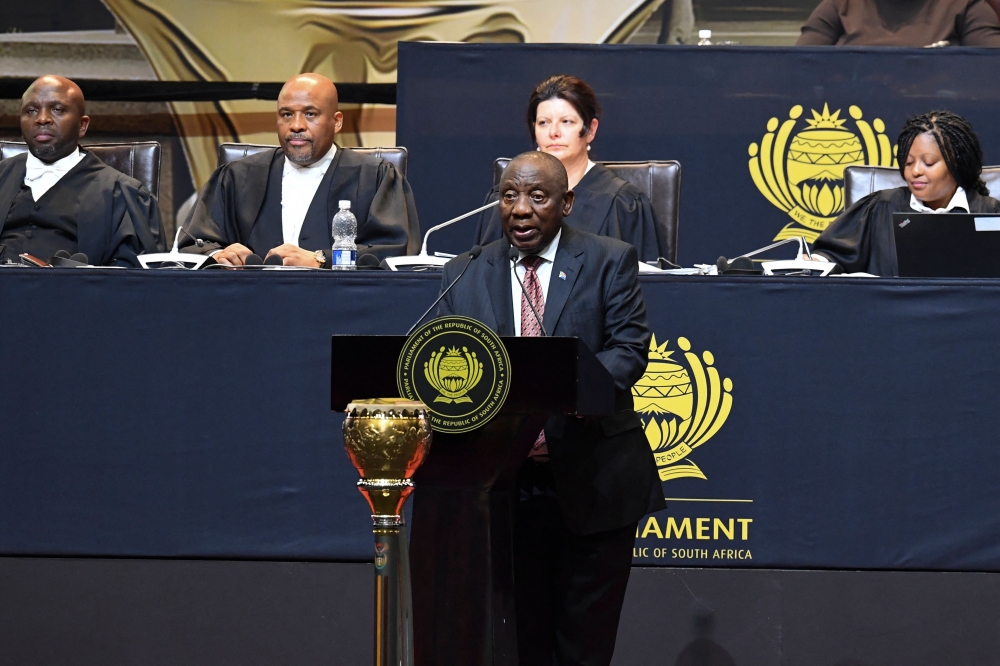
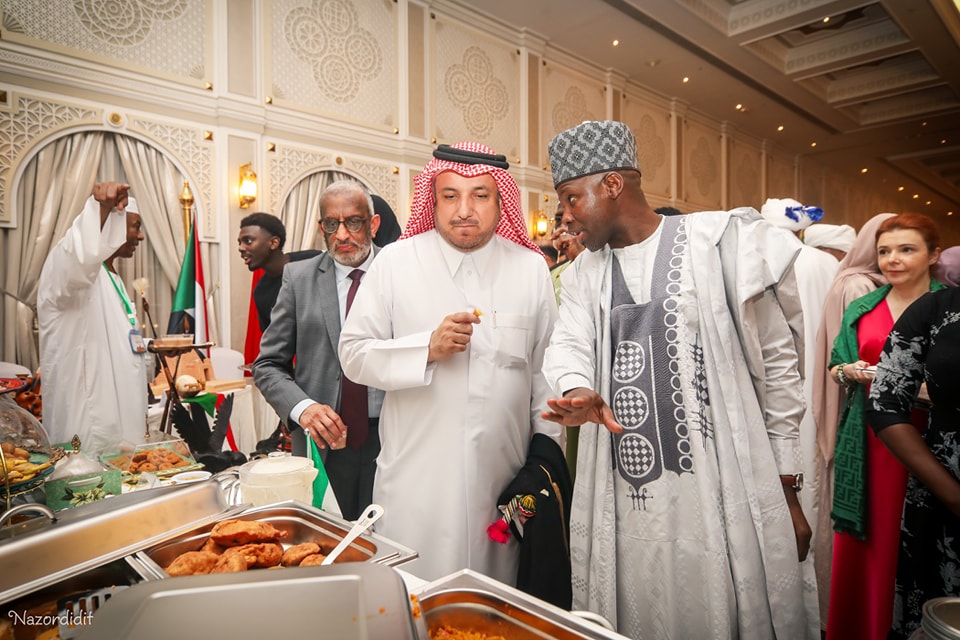
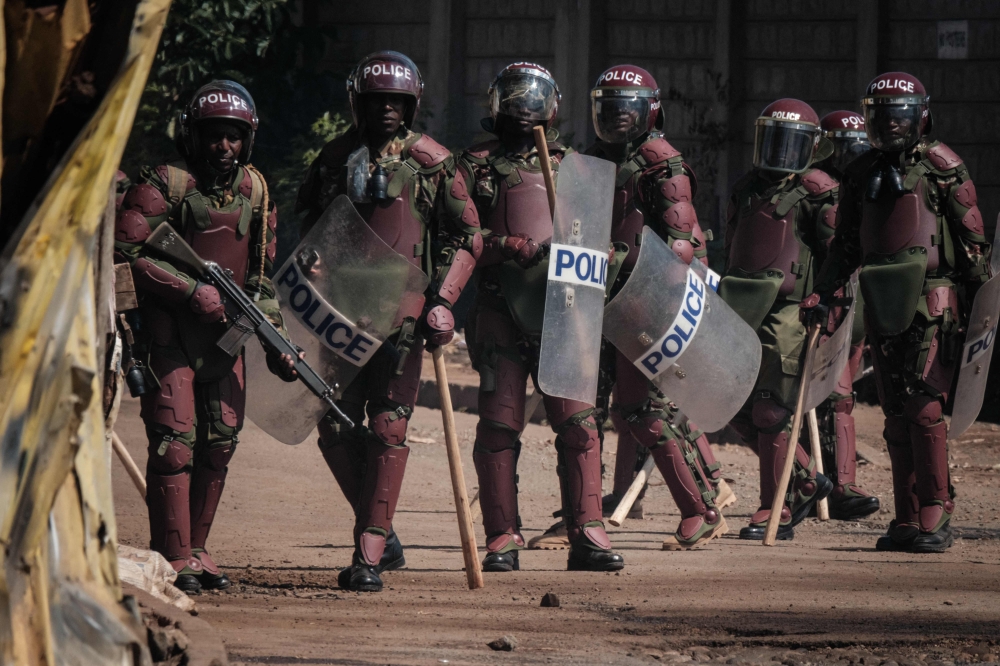
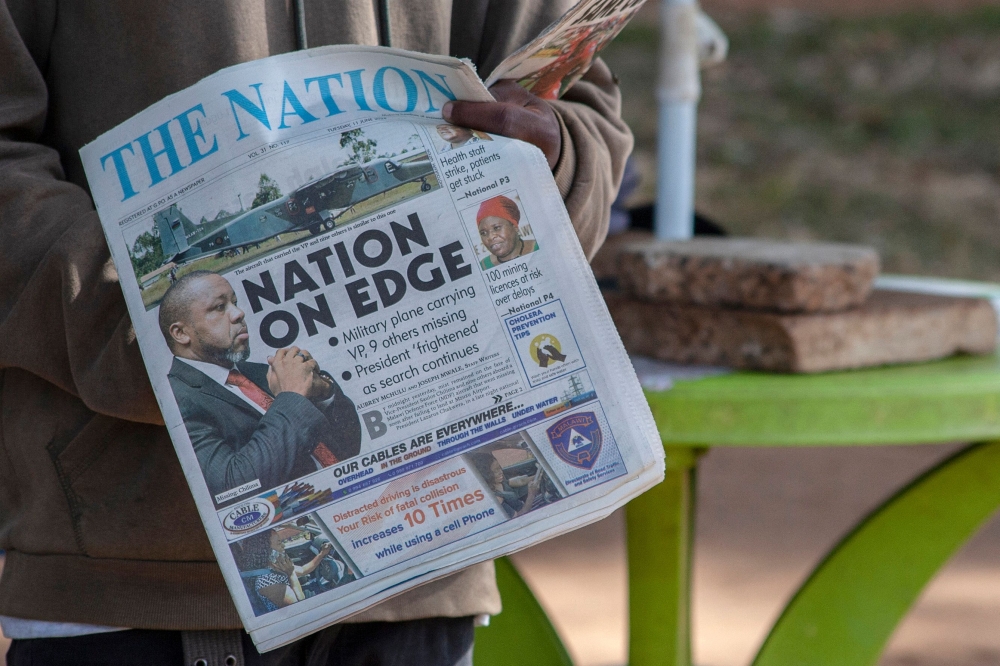
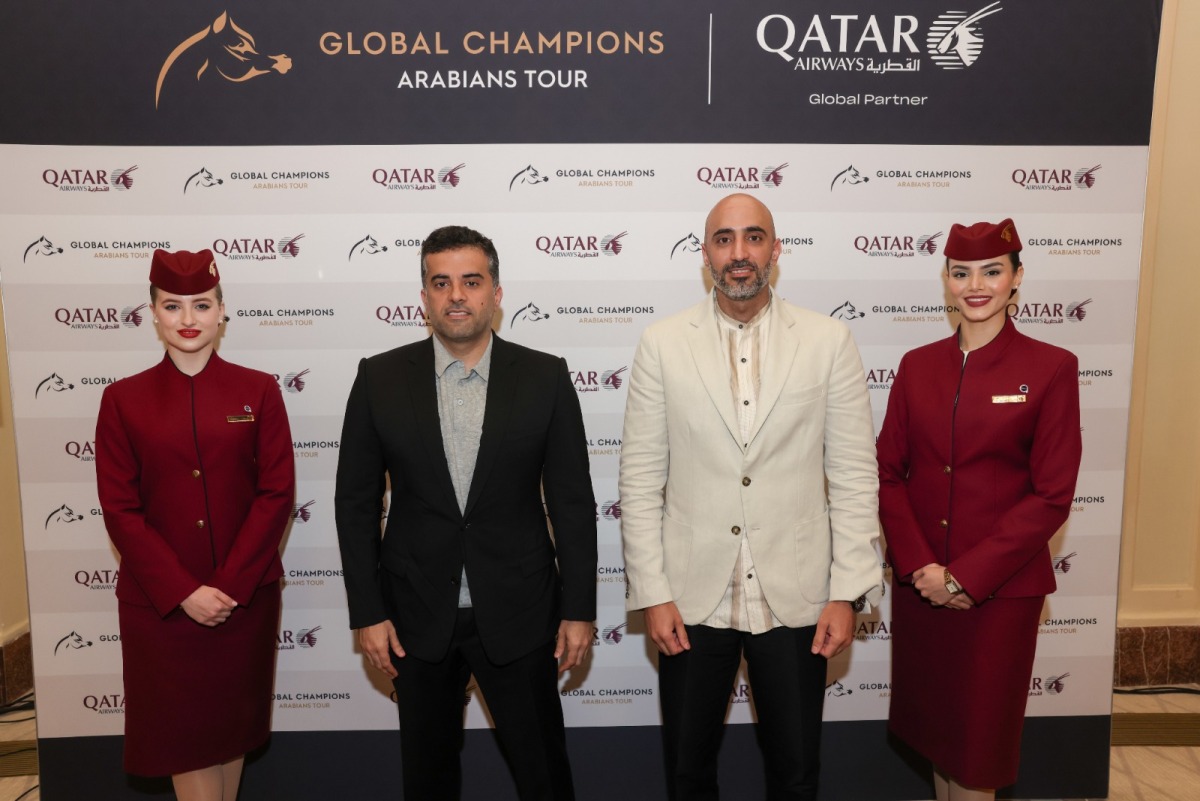
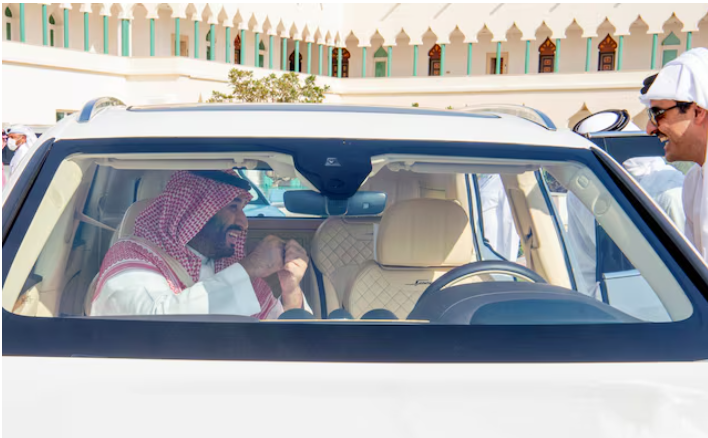
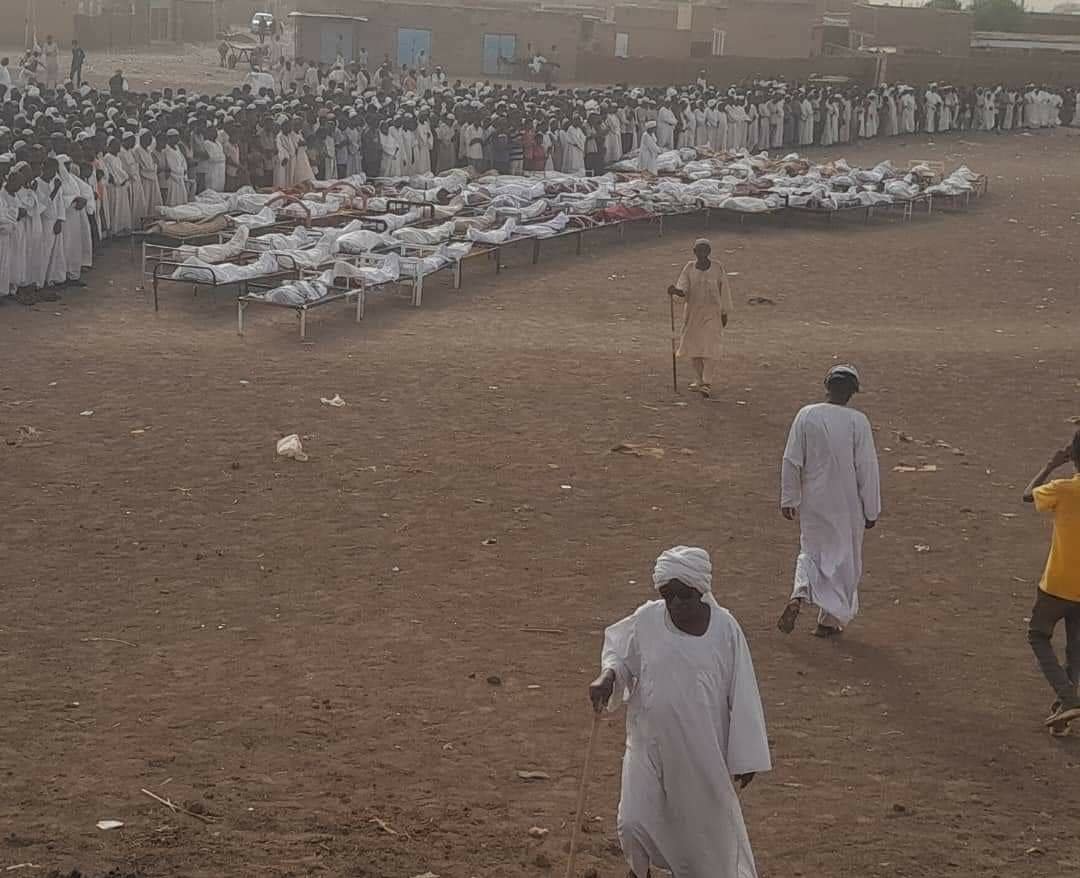




Leave a Reply